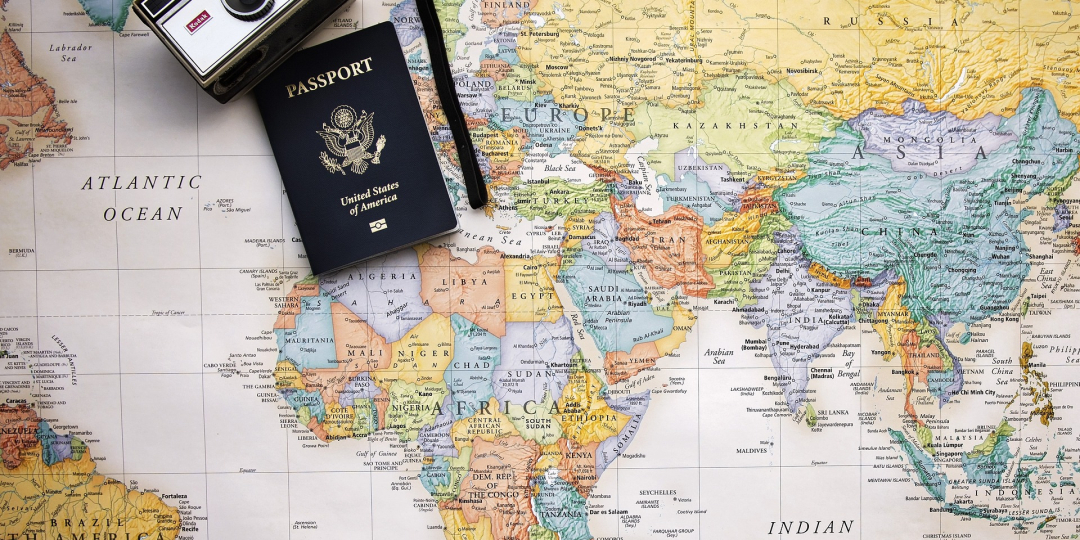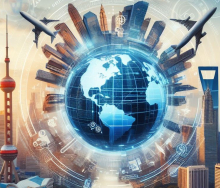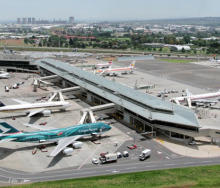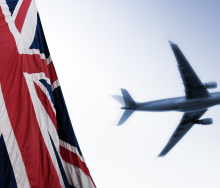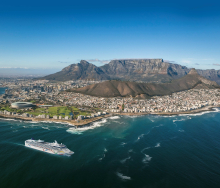Global tourism arrivals will rise by 30% in 2023, following 60% growth in 2022, but they will still not return to pre-pandemic levels, and the main reason is China’s COVID strategy.
This is according to the Economist Intelligence Unit (EIU), the research and analysis division of the Economist Group.
The economic downturn, sanctions on Russia and, above all, China’s zero-COVID strategy, will be among the factors weighing on the industry.
Hotels, restaurants and airports will likely continue to struggle to cope with labour shortages, wage demands, and high food and energy prices. Even so, international airlines are expected to return to profitability, benefiting from continued pent-up demand.
The impact of climate change on the industry will become more apparent, with high temperatures, water shortages and floods forcing tourism destinations to take action.
Last year, the EIU expected global tourism arrivals to recover to near pre-pandemic levels by the end of 2023, as fear of COVID-19 receded and restrictions were lifted. However, Russia’s invasion of Ukraine in February 2022 and the accompanying political instability, global inflation and economic slowdown – as well as China’s strict zero-COVID strategy – have dampened those expectations.
The EIU has now pushed the forecast for tourism recovery firmly into 2024, with considerable turbulence likely ongoing in the interim.
Even so, the depth of the tourism slump in 2020-21 means that strong growth is near inevitable in 2023, now that travel restrictions have been lifted in most countries.
EIU expects the number of outbound travellers from China to more than double next year, to around 59m. Even so, that would be only a little more than a third of the 155m departures in 2019, when China was the world’s biggest source of tourists. This reduced demand will primarily affect tourist destinations in Asia, including Thailand and Hong Kong, which have been highly dependent on Chinese visitors.
This dampening effect will also be felt in Europe, the US and elsewhere. Even China’s domestic tourism – which also fell in 2020-22 – will be affected by the country’s economic slowdown.
Additionally, inflation will not only affect travellers in 2023, but also the whole tourism sector. Hotels, bars and restaurants are grappling with high food and energy prices, while airlines are contending with high fuel bills. Airlines also face increasing wage pressures amid a chronic labour shortage.
After laying off staff during the pandemic, many companies have struggled to rehire. This lack of staff has caused airport queues and caps on passenger numbers, as well as flight cancellations and lost luggage in the summer of 2022.
Heathrow Airport has also warned that problems will very likely last until the end of 2023.
